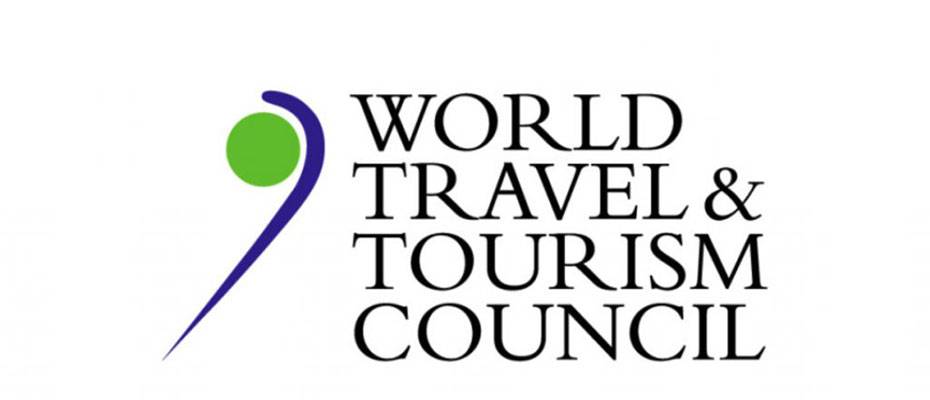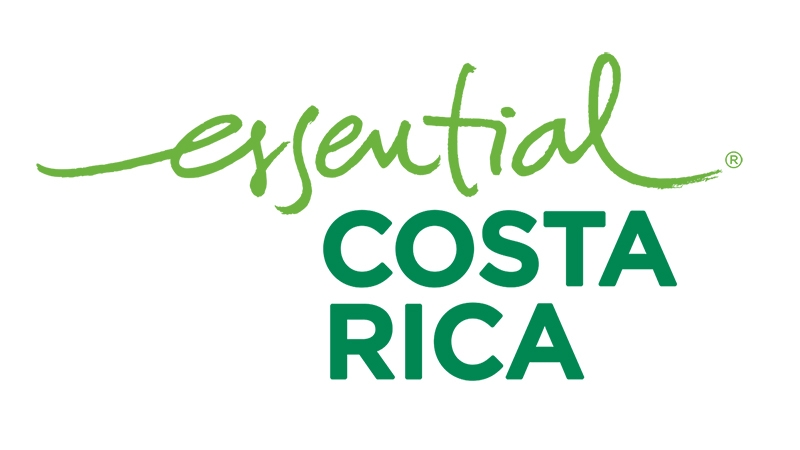Tourexpi
The
initiative calls on businesses across the Travel & Tourism spectrum to
collaborate in achieving a cleaner, more sustainable future.
Scaling
Up Sustainable Fuel: A Roadmap for the Industry
The
new WTTC-ICF report, titled "Scaling Up Sustainable Fuel", outlines
practical steps for stakeholders in the Travel & Tourism industry to
contribute to decarbonisation. The framework categorises businesses into four
roles – Collaborators, Promoters, Adopters, and Investors – and provides
actionable strategies, from joining advocacy campaigns to funding fuel
production facilities or purchasing sustainable fuel certificates.
Julia
Simpson, WTTC President & CEO, stated:
"Sustainable
fuel is the single biggest game-changer for Travel & Tourism. If we don’t
act together, we risk facing higher costs, limited availability, and halted
climate progress. Governments must not only set targets but also incentivise
the production of SAF. This framework gives businesses the tools they need to
contribute."
Urgent
Need for Sustainable Fuel
SAF
currently represents only 0.3% of global jet fuel consumption, with production
needing to grow over 400-fold to meet net-zero targets by 2050. This will
require around 6,500 new renewable fuel plants worldwide. Despite SAF’s
compatibility with existing engines, high production costs and limited
infrastructure have kept prices up to 10 times higher than conventional fuels.
The
framework highlights real-world case studies to inspire action, such as the Erawan
Group repurposing hotel waste oil into SAF in Asia, and Jet2 investing in a
UK-based SAF plant using household waste. These examples demonstrate how the
industry can reduce emissions while maintaining business viability.
Collective
Action to Prevent Economic Setbacks
The
WTTC warns that without industry-wide collaboration, government mandates
requiring a 5% to 10% SAF blend by 2030 could lead to increased travel costs
and reduced consumer choice. To mitigate this, the report encourages proactive
involvement from all tourism businesses, including hotels, tour operators,
travel agencies, cruise lines, and airlines.
Daniel
Galpin, ICF Managing Director, emphasized the importance of collaboration:
"Decarbonising
transport is critical for sustainable tourism. Aviation has taken significant
steps toward using SAF, but the broader tourism ecosystem must also take
responsibility. By implementing both strategic and operational changes, the
industry can achieve its sustainability goals."
An
Economic and Environmental Imperative
With
the Travel & Tourism sector projected to generate $16.5 trillion and
support over 460 million jobs by 2035, the expansion of sustainable fuel is not
just an environmental necessity but an economic one.
For
more details and to access the full report, visit the WTTC Research Hub.
Image
Credit: © WTTC
The most interesting news
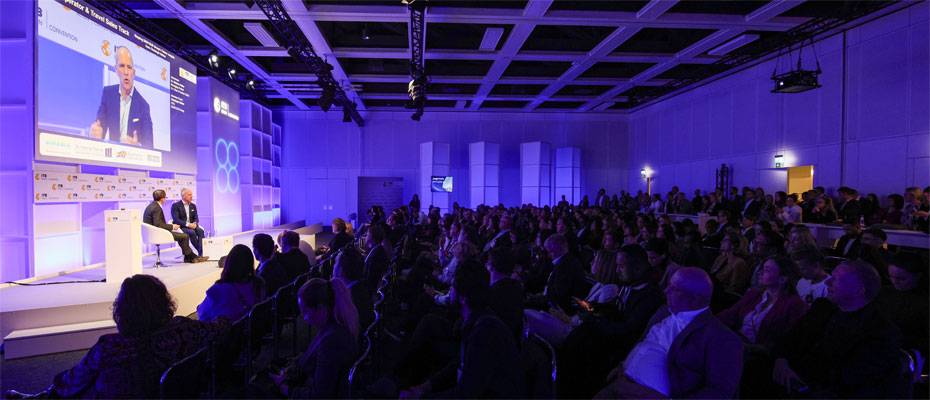 Read the News
Read the News

ITB Berlin Convention 2026: Diverse Programme Sets New Trends for the Future of Tourism
From 3 to 5 March 2026, the ITB Berlin Convention brings together leading international experts to discuss balance, innovation and responsibility in global tourism
 Read the News
Read the News

Thailand to Open the 2026 MotoGP World Championship at Buri Ram
Season opener at Chang International Circuit underscores Thailand’s role as a leading global sports tourism destination
 Read the News
Read the News

Ryanair to Cut Brussels Traffic as Belgium Raises Passenger Taxes
Airline plans to reduce capacity by more than two million seats by 2027, citing higher taxes at Charleroi and nationwide increases in passenger charges
 Read the News
Read the News

UN Tourism Launches Investment Guidelines Highlighting Bulgaria’s Tourism Potential
New publication positions Bulgaria as an attractive, transparent and competitive destination for tourism investment
 Read the News
Read the News

Desert X AlUla 2026 opens monumental land art exhibition in Saudi Arabia’s ancient oasis
The fourth edition of the international open-air biennial brings 11 leading artists to AlUla, transforming desert landscapes into a global platform for site-responsive art
 Read the News
Read the News

Savaya Group Unveils Zumana, a New Beachfront Destination on Bali’s Kuta Beach
New lifestyle venue set to reintroduce Kuta as a contemporary hospitality hotspot when it opens in 2026
 Read the News
Read the News

Celebrity Cruises introduces four European-inspired festivals on Celebrity Xcel
New onboard festivals transform Mediterranean culture into an immersive experience at The Bazaar, debuting during Celebrity Xcel’s first European season in summer 2026
 Read the News
Read the News

TUI Junior Academy launches new phase in Türkiye to protect coastlines and empower young leaders
The programme reaches 5,500 students and trains 350 teachers, combining environmental education with hands-on action along Türkiye’s Mediterranean coast
 Read the News
Read the News

Ryanair to add 300,000 seats in Germany for summer 2026 following tax relief
Airline announces 11 new routes after Germany moves to cut air traffic tax and freeze air navigation charges, reversing part of its planned capacity reductions
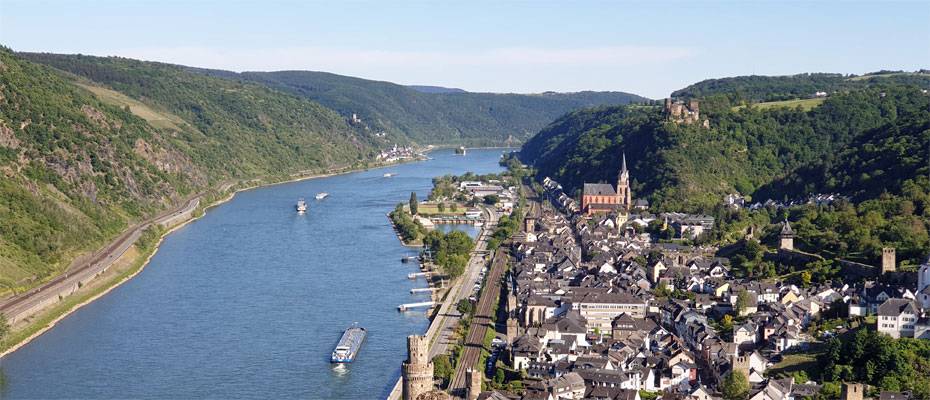 Read the News
Read the News

Germany: GNTB highlights growth potential for coach tourism through international marketing
Stable demand, strong overseas markets and digital innovation position coach travel as a future-oriented segment of Destination Germany
 Read the News
Read the News

MGallery Collection enters 2026 with a wave of distinctive new openings
From the Maldives and Australia to France and Thailand, five upcoming hotels reflect MGallery’s focus on design-led hospitality rooted in a strong sense of place
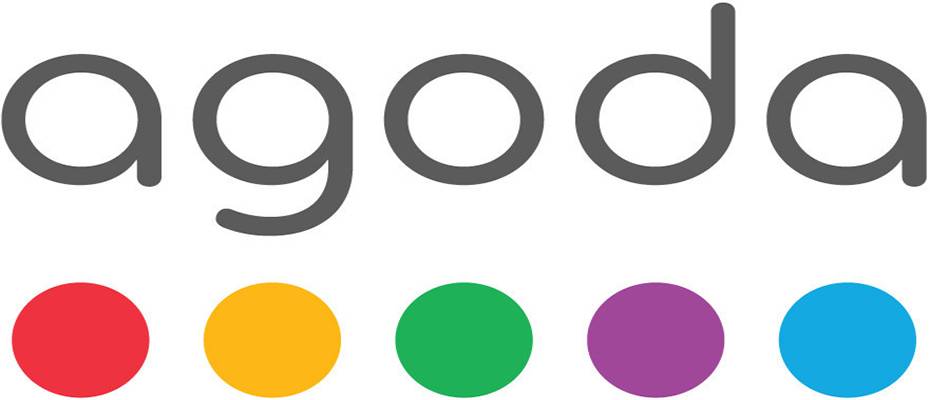 Read the News
Read the News

Agoda maps out the best places to travel across Asia in 2026
A new month-by-month guide links destinations, seasonal weather, and cultural festivals, helping travelers plan each trip around the moment a place comes alive
 Read the News
Read the News

Ice storm brings widespread disruption across western Germany
Freezing rain forces school closures, flight cancellations and rail restrictions as authorities warn of dangerous travel conditions
 Read the News
Read the News

Sanya Marathon spending surge highlights rise of the ‘racecation’
Strong tourism, hospitality and retail performance underscores how major sports events are reshaping travel demand
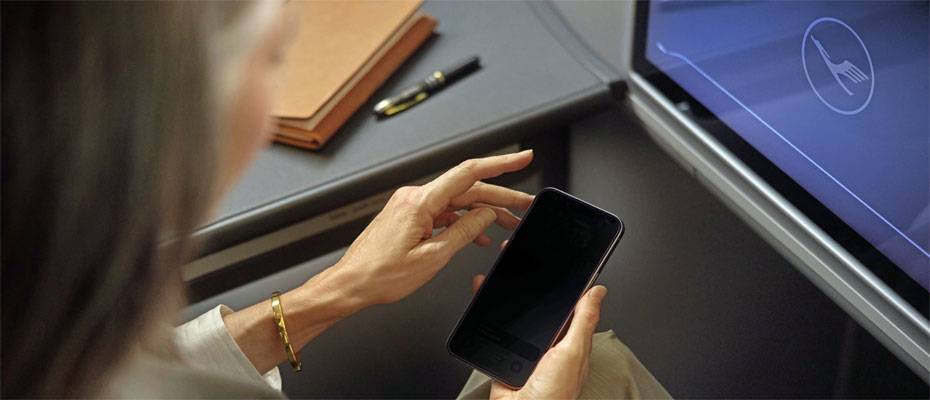 Read the News
Read the News

Lufthansa Group Partners with Starlink to Introduce High-Speed Internet Across All Airlines
Fastest in-flight connectivity in all classes, free for status customers and Travel ID users
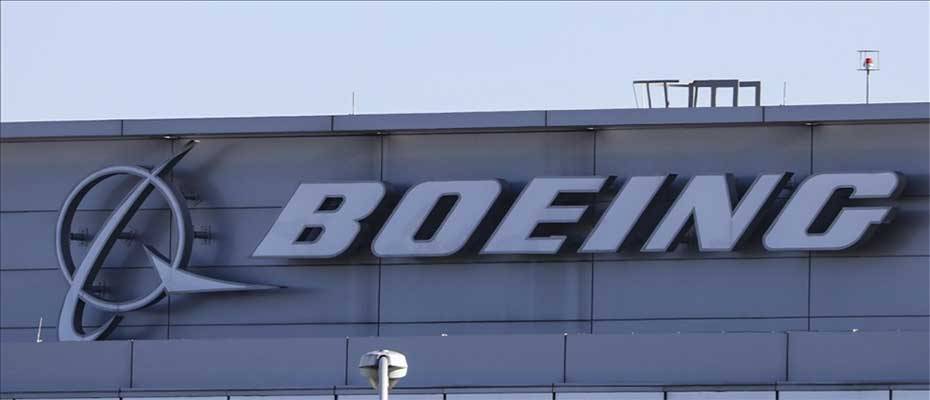 Read the News
Read the News

Boeing Outpaces Airbus in Aircraft Orders in 2025
US manufacturer records 1,173 orders, reclaiming lead for the first time since 2018
 Read the News
Read the News

Trump International Golf Club, Wadi Safar unveiled as first landmark project in Riyadh
Dar Al Arkan, Dar Global and The Trump Organization advance luxury golf, hospitality and residential development in Diriyah
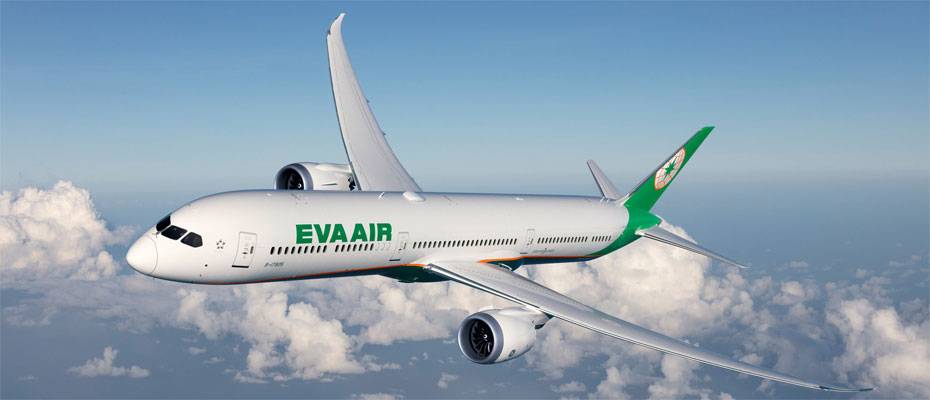 Read the News
Read the News

EVA Air Named One of the World’s Safest Airlines for 2026
Taiwanese carrier ranks eighth globally and earns recognition for the 13th consecutive year
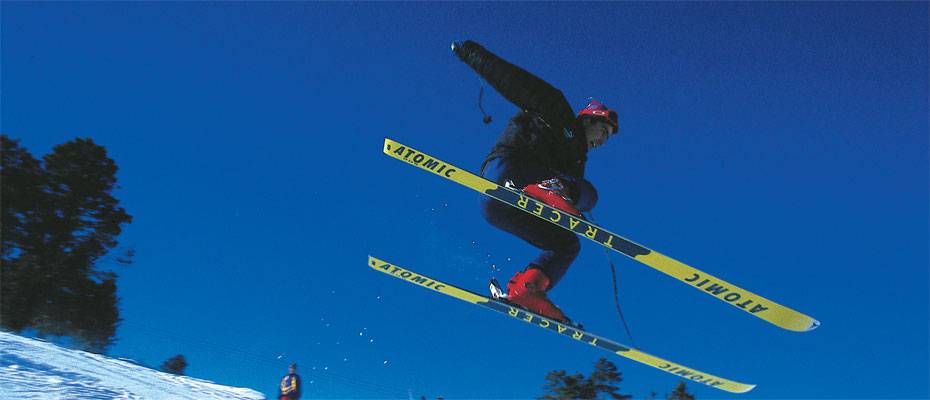 Read the News
Read the News

Agoda Highlights Asia’s Top Snow Destinations for Winter 2026
From Japan to the Himalayas, winter escapes combine snowfall, culture and nature
 Read the News
Read the News

Delta to Add Boeing 787 Dreamliner to Its Widebody Fleet
Order for 30 aircraft supports fleet renewal, fuel efficiency and international growth
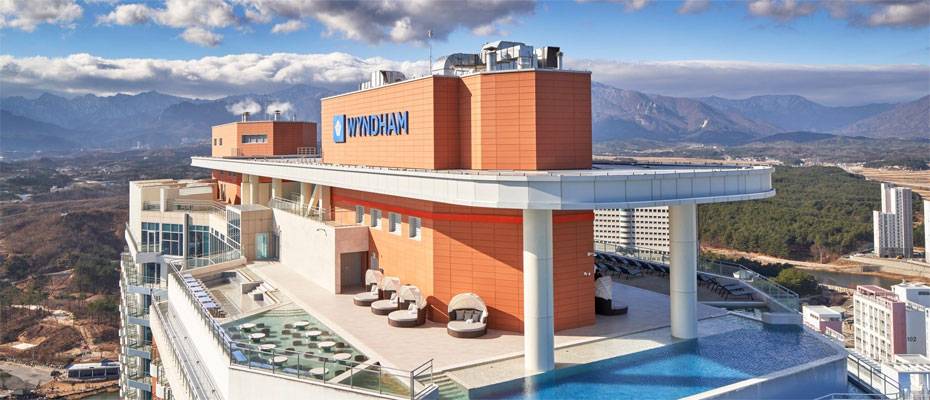 Read the News
Read the News

Wyndham expands footprint in South Korea with first managed hotel
Opening in Gangwon and new projects in Seoul and Busan underscore confidence in a fast-rebounding market

